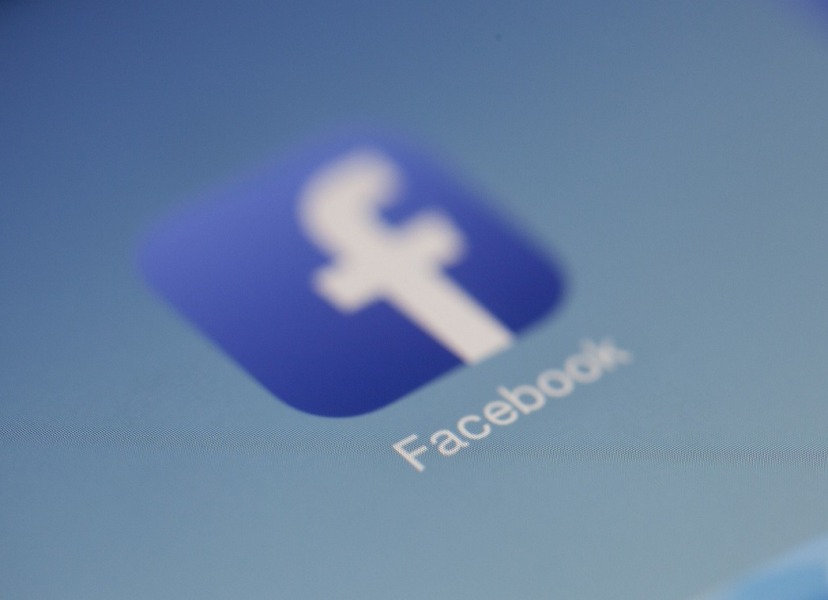Facebook’s Abysmal Customer Service, Makes It A Looming Dodo Bird Leaping Towards MySpace Territory
- TDS News
- Breaking News
- Business
- June 14, 2023

In the digital realm dominated by social media platforms, Meta’s Facebook, the once towering giant wielding significant influence over billions of users worldwide, is trending towards Dodo bird status. However, despite its current dominance, critical factors indicate that Meta’s Facebook is treading a perilous path toward irrelevance, much like MySpace before.
Meta’s Facebook has a sordid history of privacy breaches and the mishandling of user data. Facebook has repeatedly demonstrated a blatant disregard for user privacy, from the Cambridge Analytica scandal to numerous security lapses. It is deeply unsettling that a platform entrusted with personal information has repeatedly failed to safeguard it, putting the privacy and security of millions at risk. These privacy breaches are not isolated incidents; rather, they expose a systemic flaw within Facebook’s business model. Such repeated violations suggest the company prioritizes profits over user welfare, casting a long shadow of doubt on the platform’s future.
One cannot ignore that Mark Zuckerberg has a history of exploiting user data. His actions at Harvard, where he infamously created Facemash by scraping pictures of students without their consent, indicate a concerning pattern. It is naive to assume that someone with a track record of exploiting users’ information suddenly changes their ways when their platform gains prominence. The meteoric rise of Facebook into a global behemoth has only provided Zuckerberg with a larger playground to exploit user data and further his ambitions.
Customer service is the lifeblood of any successful business, fostering trust and loyalty among users. Unfortunately, Meta’s Facebook has consistently fallen short in this regard. While companies like Apple, Amazon, Samsung, and even Google invest heavily in customer service infrastructure to ensure prompt and effective support, Facebook’s approach is quite the opposite. Instead of prioritizing live contact or efficient online chat systems, Facebook seems to revel in avoiding direct communication with its users. The convoluted maze of regurgitated jargon that users must navigate to address their concerns is a testament to the company’s disdain for genuine customer support.
Meta’s Facebook has been known to allocate staggering amounts of resources to ventures that have little to do with enhancing user experience. The $13.7 billion loss incurred by Meta on Reality Labs in 2022 (The Metaverse) exemplifies the misguided priorities of the company. Instead of investing in bolstering its customer service infrastructure, Facebook squanders billions on ventures that offer questionable returns. This cavalier attitude towards user support is a testament to Zuckerberg’s hubris and detachment from the needs and concerns of Facebook’s user base.
The success of iconic companies like Google, Microsoft, and Amazon can be partly attributed to their founders’ willingness to step back and allow new leaders to drive the organizations forward. Unfortunately, Zuckerberg’s tenure as CEO of Meta’s Facebook has been marred by a distinct lack of humility and an inflated sense of self-importance. His inability to effectively communicate with users and prioritize their needs manifests in Facebook’s subpar customer support. Without a bona fide succession plan, the company risks stagnation and a failure to adapt to an evolving digital landscape.
In the face of mounting concerns regarding privacy breaches, customer service deficiencies, and the hubris of its CEO, Meta’s Facebook is hurtling towards a fate reminiscent of the now-defunct MySpace. The repeated privacy violations, coupled with an abysmal approach to customer service, have eroded trust and loyalty among users. Mark Zuckerberg’s failure to prioritize the needs of Facebook’s user base and invest in effective customer support further compounds the platform’s downward spiral. Unless Meta’s Facebook undergoes a radical transformation and places genuine customer service at the forefront, it risks fading into obscurity, leaving future generations to wonder, “What was Facebook?”







